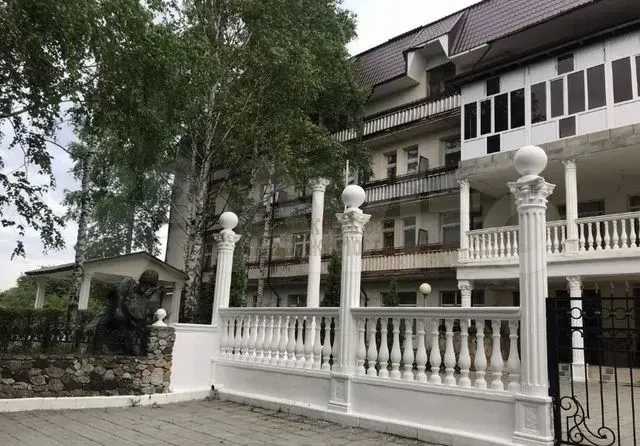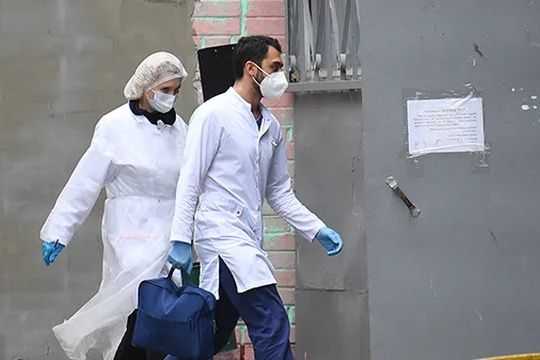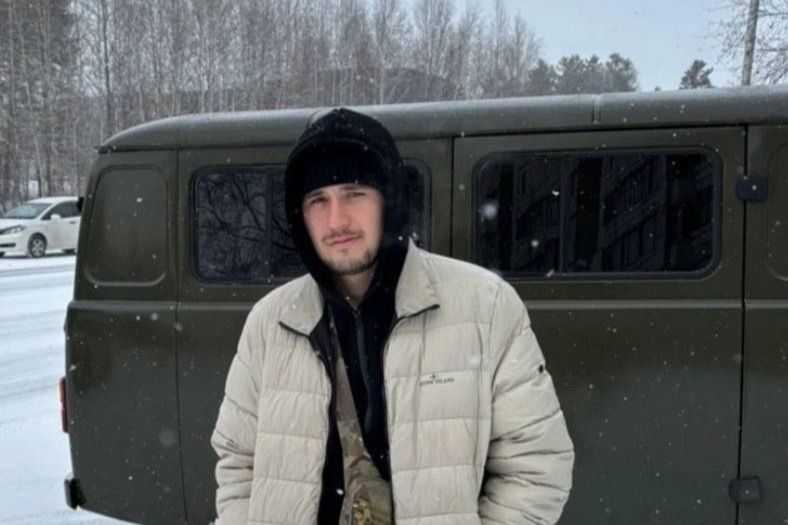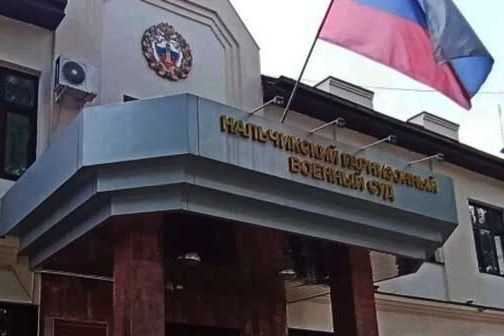

Brown water flowed from the taps in the Village of Atazhukino, in Kabardino-Balkaria’s Baksan District on 20 May, leaving local residents without water suitable for drinking or cooking, or for any other household needs.
A video showing the brown water was published on 20 May by the PE Nalchik information portal and a number of other news agencies.
Zaur Arkhestov, the deputy head of Atazhukino, told OC Media that on 20–21 May, heavy rains caused dirty water to flood the hollow where water intake facilities were located.
He said the flood destroyed part of the water intake facilities leading to dirty water entering the village’s water supply system.
‘To clean the water supply system, we had to dump all the water out of it. After that, we called for the equipment and repaired the water intakes and drilled two additional wells of 40 metres each. Water will soon appear in the homes of Atazhukino residents’, Arkhestov said.
He said that Atazhukino and other nearby villages were located in a ‘waterless zone’, and that large investments and a radical reconstruction of the entire water supply network were needed to address the problem.
‘The situation is aggravated by the fact that household water consumption has increased’, he added.
Chronic water shortage
The area has for years suffered from a lack of access to drinkable water. This has affected schools, kindergartens, and the cadet boarding school in Atazhukino.
Fusya Kanametova, the chief accountant of Atazhukino Secondary School №1, told OC Media that water had not been supplied to the school for 7 years.
‘Our students drink imported water from the coolers. For other needs, we use water from a well dug on our own, equipped with a pump. The kitchen works with boiled well water’, said Kanametova.
Aslan Zhamurzov, deputy director for the economics department at the cadet boarding school in Atazhukino, told OC Media that water was supplied to their school only in the evenings. The school administration was trying to save water in a water tower and a special tank, he said.
‘Due to the water supply problems, we cannot ensure the normal functioning of the canteen, toilets, or dormitories for cadets’, he said.
Zhamurzov said that the Atazhukino administration ‘help us as they can’ by turning on the water earlier or for longer when needed.
Water pipes depreciation and lack of sources
Anatoly Oytov, the deputy head of Baksan District, told OC Media that climate change was partially to blame for problems with the water supply.
‘The main, global reason for this is the recent decrease of the glacier area in the Baksan Gorge and the absence of snow in winter. Because of this, water stopped flowing into the natural underground reservoirs that used to feed these villages’.
He also blamed a ‘dilapidated’ water supply network, that was created in the 1960s and only partially updated since.
‘Water pipes in many areas are made of asbestos; there are very few metal pipes. There are 10–15 water pipe breaks being recorded in the area per day!’ he said.
Oytov said that the issue was being raised with the central government of Kabardino-Balkaria and that the possibility of bringing water to Baksan from other districts was being considered. The Baksan District administration ‘did everything to eliminate unnecessary water losses’ he said.
‘Last year … we tried to find new sources of water in the vicinity of these villages, but we didn’t find anything. There is only one conclusion — it’s necessary to establish a supply of water from the outside, and in the meantime, introduce an austerity regime’ Oytov said.
‘Despite all our admonitions and an appeal by the head of the district Artur Balkizov, the population continues to uselessly consume valuable drinking water’, he added.
‘Irresponsible actions of the residents’
Valery Tramov, a dispatcher at Baksansky Vodokanal, a state-owned company responsible for providing drinking water to Baksan District, told OC Media that permanent interruptions in water were due to the ‘irresponsible actions of the Atazhukino residents themselves’.
According to him, these interruptions occur mainly in spring and summer. ‘The villagers are well aware of the shortage of drinking water in our area, but, nevertheless, at this time of the year they use it to water their intensive gardens’, he said.
According to Ratmir, a resident of Atazhukino, water from a stream that flows near the village can be used as a source for irrigation, but this would require pumps which not everyone can afford.
‘In addition, the pumps operate on petrol, it’s expensive. Another problem is that the water in the stream is dirty and clogs the hoses, and in the summer the stream dries out’ he said.
Another resident of Atazhukino, Zarema Zhemukhova, told OC Media that despite the deputy head of the village promising the imminent restoration of the water supply, water was still not being supplied to many houses.
‘It’s raining again in the area, which apparently interferes with repairs. People buy drinking water in stores’, said Zhemukhova.
Representatives of the village and district administrations told OC Media that they did not know whether the networks would be reconstructed or when this might happen.









